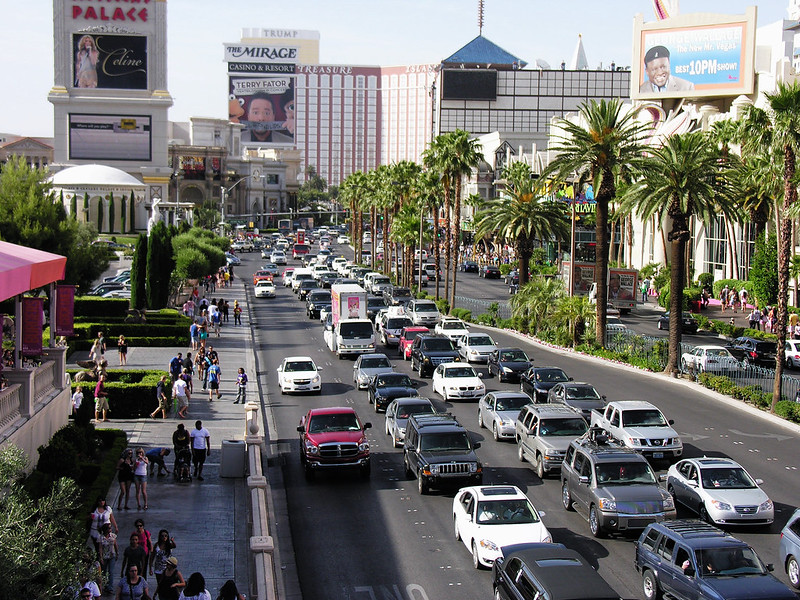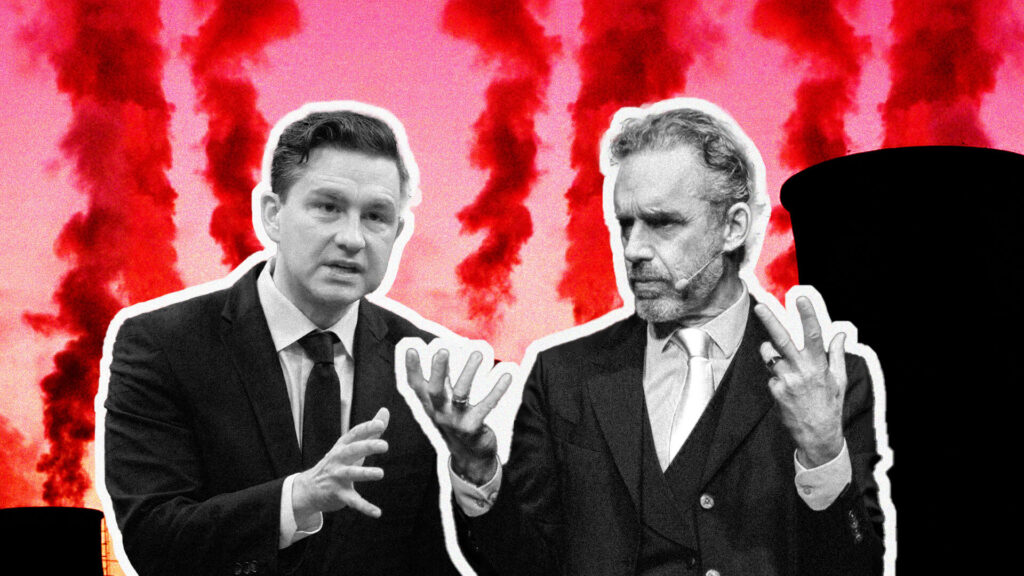Nevada Governor Steve Sisolak announced on Monday, June 22, that Nevada would be developing a policy to increase the number of zero and low-emission vehicles sold within the state.
With the announcement of the Clean Cars Nevada initiative, Nevada is set to join 14 other states that have fully or partially adopted clean car standards identical to California’s stricter standards authorized by the Clean Air Act.
Eleven states have already formalized their commitments to California’s standards, which have been threatened by the Trump administration’s rollback of vehicle emissions rules and the current U.S. Environmental Protection Agency’s pledge to revoke California’s right under the Clean Air Act to set its own standards.
States like Minnesota, Colorado, and Washington have already initiated clean car standards programs in efforts to improve air quality, protect public health, and reduce greenhouse gas emissions at the state level. Transportation is the largest source of climate pollution in the U.S., and tops the list in many states including Nevada. Given that fact, reducing transportation emissions is essential for Nevada to meet its climate policy goals.
“Transportation is the number one source of greenhouse gases in Nevada, and therefore a top priority for addressing climate change statewide,” Bradley Crowell, Director of the Nevada Department of Conservation and Natural Resources (DCNR), said in a press release. “To move Nevada’s climate future forward, we must reduce pollution from the cars and trucks we drive as well as modernize our urban planning efforts through transit-oriented development and electrification of our transportation infrastructure. Establishing new Clean Car Standards will help address the harmful impacts of climate change stemming from vehicle tailpipe pollution, while simultaneously advancing a stronger, more resilient economy for Nevada.”
Specifically, the Clean Cars Nevada initiative proposes to adopt California’s low emission vehicle (LEV) standards for tailpipe emissions from new light and medium duty vehicles sold in Nevada, starting in model year 2025. The initiative also proposes to adopt the California Zero Emission Vehicle (ZEV) program, which requires an increasing percentage of vehicles sold in the state to be zero-emission, such as battery electric or hydrogen fuel cell vehicles. The aim is to increase consumer options for purchasing zero-emission vehicles. There is no requirement that consumers buy electric cars.
According to a press release from the state, “the proposed new regulations will not require anyone to give up their current vehicle or choose one that does not work for their lifestyle or business needs.” This statement about vehicle choice seems aimed at addressing concerns raised by the oil industry and free market advocates from the billionaire industrialist Koch network, who often falsely claim that clean car standards hinder consumer choice and force people to buy more fuel-efficient or lower-emission cars.
In practice, programs like Clean Cars Nevada provide consumers with more choices, as Governor Sisolak referenced in a tweet announcing the initiative.
I’m proud to announce @NevDCNR is developing a #CleanCarsNevada regulation to provide Nevadans w/more choices for purchasing low/zero emission vehicles. #CleanCarsNevada is critical to advance a healthy, resilient, climate-friendly future #NevClimateAction pic.twitter.com/YPv85ZUA3g
— Governor Sisolak (@GovSisolak) June 22, 2020
Nevada DCNR’s Division of Environmental Protection, the state regulatory agency implementing the clean car standards program, will be engaging stakeholders and holding public outreach events to gather input starting in August and continuing into 2021.
Environmental groups issued statements on Monday applauding Nevada’s announcement of this program.
“We applaud the Sisolak administration for standing up for clean air, clean water, and a healthy climate — and against the Trump’s administration’s indefensible attack on our communities and our future. Clean car standards are critical to meeting Nevada’s climate goals, and the right of states to protect their residents from pollution has overwhelming support,” said Jasmine Vazin, a conservation organizer with the Sierra Club’s Toiyabe (a Nevada mountain range) Chapter.
“With today’s announcement, Nevada joins fourteen states — representing nearly half of the U.S. car market — in a commitment to curb vehicle pollution in the face of the dangerous and illegal rollback of clean car standards,” Patricia Valderrama, Nevada Policy Director at the Natural Resources Defense Council (NRDC), said in a statement.
“Attacks from Washington D.C. can’t hide the fact that Las Vegas is the fastest-warming city in the nation or that transportation is the state’s largest source of carbon pollution,” Valderrama added. “Clean car standards will provide Nevadans with more transportation options and much-needed relief from volatile gas prices and dirty air.”
Main image: Traffic on the Las Vegas Strip. Credit: Billy Kerr, CC BY–NC–ND 2.0
Subscribe to our newsletter
Stay up to date with DeSmog news and alerts







